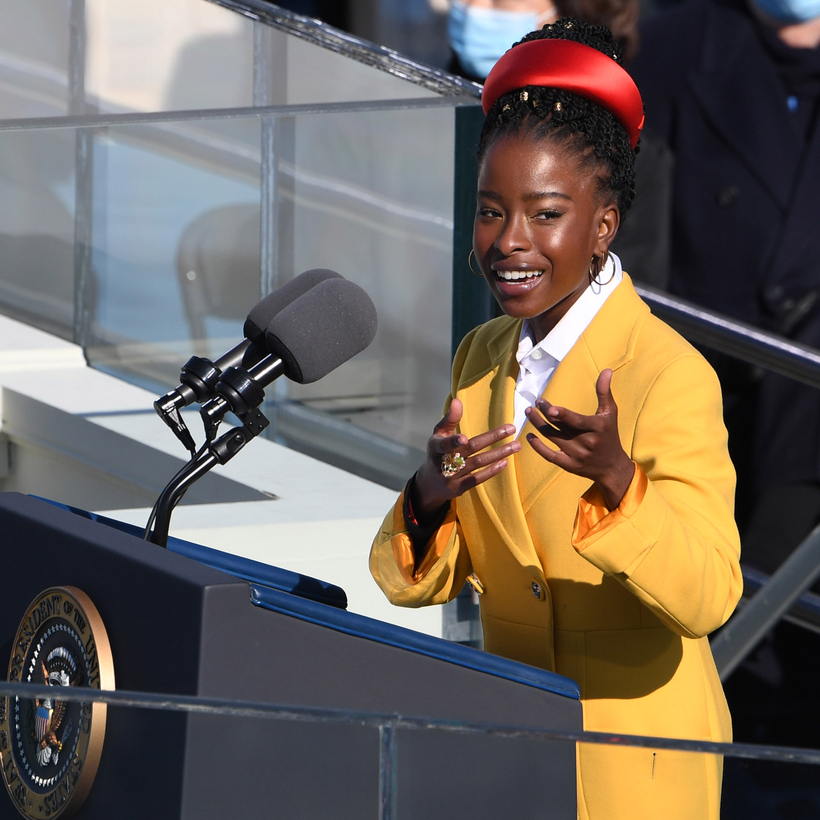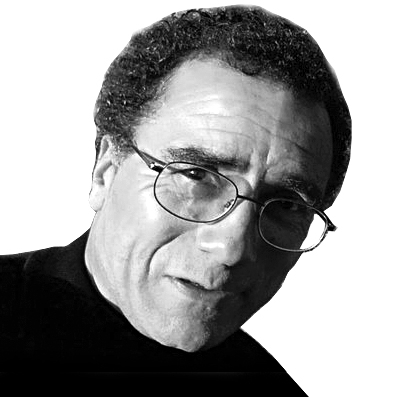Before she swept on to the world stage at Joe Biden’s inauguration ceremony, Amanda Gorman seemed to have been leading the kind of lockdown life that many of us would recognize: long sessions of folding laundry alternated with binge-watching The Great British Bake Off. She would also escape outdoors to walk her miniature poodle.
Yet in the six minutes or thereabouts that it took her to recite her poem “The Hill We Climb,” the 22-year-old writer, who is America’s first youth poet laureate, became a global celebrity.


